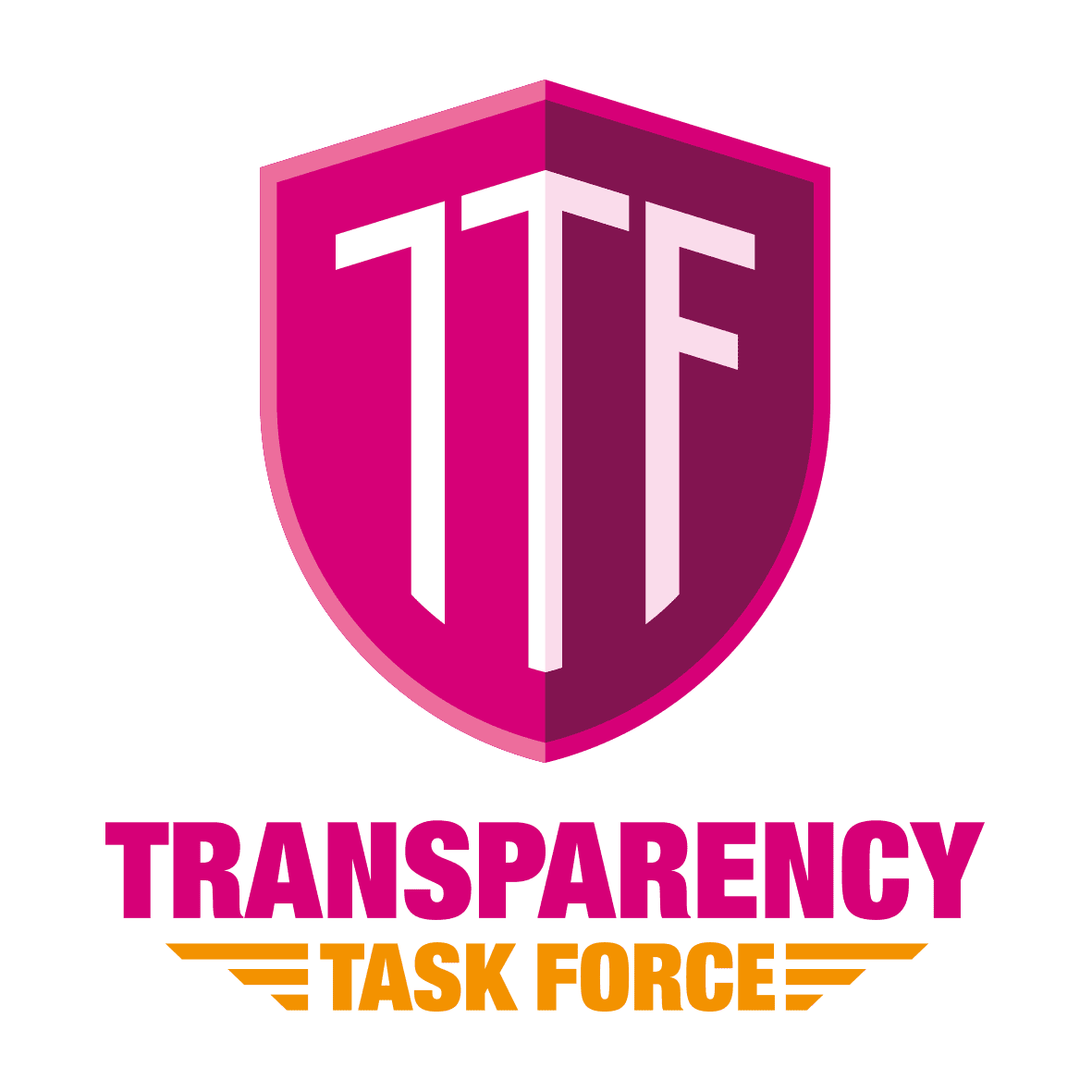This event has now taken place but you can watch the video recording of it through our Youtube Channel, get to it by clicking the button below
When
Tuesday, March 30th 2021 from 6:00pm to 8:00pm UK timeWhere
Online symposium via Zoom.Format
There'll be a great line-up of speakers plus ample scope for discussion and debate.Why you should attend
If the topic of data standards and regulatory reporting in the financial services sector is of any interest to you, this is a not-to-be-missed event.
The context is that the Bank of England has been working with the Financial Conduct Authority and industry in the last few years to identify the main issues for firms and regulators in the way data is currently collected.
The aim is to improve processes that will lead to cost reduction whilst boosting efficiency and data quality. The work initially focussed on the potential for improvement based on harnessing the power of technology more effectively, but it soon became apparent that the scope for improvement was much wider than just tech enhancements, with the potential for significant quick-win opportunities in relation to improvements in data definitions and data standards.
Following publication by the Bank of England of its Transformation of Data Collection Discussion Paper on 7 January 2020, there has been extensive consultation with a wide range of interested parties which also highlighted the importance of consistent data standards and definitions across the range of data requirements.
Having received over sixty written responses to the consultation paper and held a series of working group discussions with reporting firms and vendors, the Bank was able to publish a Data Transformation Plan on 23 Feb 2021 outlining the vision and next steps for this work.
The review found that to transform data collection, industry needs to transform how it manages data, and the Bank of England needs to transform how it collects data. In particular, the review identified three key reforms that need to take place:
- Defining and adopting common data standards that identify and describe data in a consistent way throughout the financial sector. These common standards should be open and accessible for use by all who need them, and will bring benefits well beyond reporting.
- Modernising reporting instructions to improve how the Bank’s reporting instructions are written, interpreted and implemented. There are a range of steps this will involve, from setting up better Q&A processes to potentially rewriting the Bank’s instructions as code.
- Integrating reporting to move to a more streamlined, efficient approach to data collection. This reform includes making data collection more consistent across domains, sectors and jurisdictions, and designing each step in the data collection process with the end-to-end process in mind.
The Bank of England believes the most valuable reform would be the delivery of common data standards. That’s because common data standards can strengthen the data foundations of the whole financial sector, and not just improve reporting.
Our symposium will be a first class opportunity to engage directly with senior people at the Bank of England who are leading this important initiative; and thereby create the chance to learn about their plans as well as feed into them with your own thoughts and ideas about the best way forward.
The work initially focussed on the potential for improvement based on greater use of technology but it soon became apparent that the scope for improvement was much wider and in particular improved data standards and definitions could initially bring the most benefit.
Following publication by the Bank of the Transformation of Data Collection Discussion Paper on 7 January 2020 there was extensive consultation with a wide range of interested parties which also highlighted the importance of consistent data standards and definitions across the range of data requirements.
Having received over sixty written responses to the consultation paper and held a series of working group discussions with reporting firms and vendors the Bank was able to publish a Data Transformation Plan on 23 Feb 2021 outlining the vision and next steps for this work.
The review found that to transform data collection, industry needs to transform how it manages data, and we need to transform how we collect data. In particular, the review identified three key reforms that need to take place:
- Defining and adopting common data standards that identify and describe data in a consistent way throughout the financial sector. These common standards should be open and accessible for use by all who need them, and will bring benefits well beyond reporting.
- Modernising reporting instructions to improve how our reporting instructions are written, interpreted and implemented. There are a range of steps we think this will involve, from setting up better Q&A processes to potentially rewriting our instructions as code.
- Integrating reporting to move to a more streamlined, efficient approach to data collection. This reform includes making data collection more consistent across domains, sectors and jurisdictions, and designing each step in the data collection process with the end-to-end process in mind.
It seems the most valuable reform that can be delivered is common data standards. That’s because common data standards can strengthen the data foundations of the whole financial sector, and not just improve reporting.
Here's the programme and timings so far...
—————————————-6:00pm BST—————————————-
Welcome to the symposium, introductions and initial exploration of the main issues; by
Andy Agathangelou
Founder, Transparency Task Force; Governor, Pensions Policy Institute; Chair, Secretariat Committee, APPG on Pension Scams; Chair, Secretariat Committee, APPG on Personal Banking and Fairer Financial Services
—————————————-6:15pm BST—————————————-
Presentation #1, for 20 minutes + 10 minutes Q&A/Discussion by
Angus Moir
Head of Data Collection Transformation Team, Bank of England
—————————————-6:45pm BST—————————————-
Presentation #2, for 5 minutes + 5 minutes Q&A/Discussion by
Burcu Mentesoglu Tuncer
Senior Business Relations & Policy Research Manager, Global Legal Entity Identifier Foundation
—————————————-6:55pm BST—————————————-
Presentation #3, for 5 minutes + 5 minutes Q&A/Discussion by
Head of Statistics & Research Support
Monetary and Economic Department, The Bank for International Settlements
—————————————-7:05pm BST—————————————-
Presentation #4, for 5 minutes + 5 minutes Q&A/Discussion by
Chair, ACTUS Users Association Board of Governors
—————————————-7:15pm BST—————————————-
Presentation #5, for 5 minutes + 5 minutes Q&A/Discussion by
Information Architect, BIAN
—————————————-7:25pm BST—————————————-
The “Just a minute”-round
Inspired by the BBC Radio 4 programme, we have asked a selection of our attendees to spend just a minute sharing their thoughts on what has been covered during the symposium. But unlike the Radio 4 programme our speakers won’t be penalised for hesitation, repetition or deviation!
Speakers TBC
—————————————-7:30pm BST—————————————-
Open discussion & debate, 25 minutes
—————————————-7:55pm BST—————————————-
Final conclusions; and suggested next steps and close to the formal proceedings.
However, for those that want it…
8pm BST until 8:30pm BST
….informal, unstructured networking and informal conversation; a “fireside chat”
___________________________________________________________________
*The programme will continuously evolve so is subject to change.

Angus Moir
Head of Data Collection Transformation Team, Bank of England
Angus leads the data collection transformation team at the Bank of England: responsible for delivering a transformation of the way the Bank collects data from the UK financial sector. Previously, he led the Bank’s engagement in the Digital Regulatory Reporting initiative and played a key role in delivering a new supervisory dataset from the UK’s CCPs. Prior to dedicating his life to data and data collection, he held a number of roles at the Bank and in the private sector, primarily with a focus on risk analysis.
Originally an economist by training, his current primary interest, apart from improving data collection, is how to write rules and regulations in a “digital first” manner.
_________________________________________________________________________________________________________________________________________

Burcu Mentesoglu Tuncer
Global Legal Entity Identifier Foundation (GLEIF)
Joined Global Legal Entity Identifier Foundation (GLEIF) in 2018, Burcu is Senior Business Relations & Policy Research Manager at GLEIF. In her current capacity, she is leading GLEIF’s public consultations, managing GLEIF’s Globally Important Financial Institutions Relationship Group, and engaging in various business development projects. Prior to joining GLEIF, Burcu has worked at the Ministry of Economy of Turkey as a Senior International Trade Specialist for 8 years. She has briefly served as a Consultant at the Swiss Agency for Development and Cooperation. She has obtained master’s degrees in Asian Studies from the Middle East Technical University (Turkey) and in International Affairs from the Graduate Institute, Geneva (Switzerland).
_________________________________________________________________________________________________________________________________________

Bruno Tissot
Head of Statistics & Research Support, The Bank for International Settlements
Bruno is the Head of Statistics and Research Support at the BIS and Head of the Secretariat of the Irving Fisher Committee on Central Bank Statistics (IFC). He has been working at the BIS since 2001, as Senior Economist and Secretary to the Markets Committee of Central Banks in the Monetary and Economic Department and then as the Adviser to the General Manager and Secretary to the BIS Executive Committee. Between 1994 and 2001 he worked for the French Ministry of Finance. He is currently Head of BIS Statistics and Research Support and is a graduate from Ecole Polytechnique (Paris) and of the French Statistical Office INSEE.
_________________________________________________________________________________________________________________________________________

Willi Brammertz
Chair, ACTUS Users Association Board of Governors
_________________________________________________________________________________________________________________________________________

Patrick Derde
Information Architect, BIAN
Patrick is a BIAN 9.0, Cobit 5, TOGAF 9.2, ArchiMate 3.1 and SFIA 6 certified enterprise architect. He has more than 20 years experience in the different domains of enterprise architecture in financial institutions, Retail, Government, Utilities, etc. He has a master in Commercial Engineering and at the university of Leuven KULeuven and he also graduated in Insurance sciences. In 2009 he was awarded and nominated as a fellow of the university of Leuven. He is founding member and director of the Data Management Association (www.dama-belux.org), Managing Partner of Envizion (www.envizion.eu). In 2018 he started developing the BIAN Information Architecture and became responsible for the BIAN Architecture Repository (www.bian.org).
_________________________________________________________________________________________________________________________________________




Hello, thank you for the initiative. As BIAN’s responsible for Information Architecture , we will be very interested in joining this seminar. Thank you for the invitation.